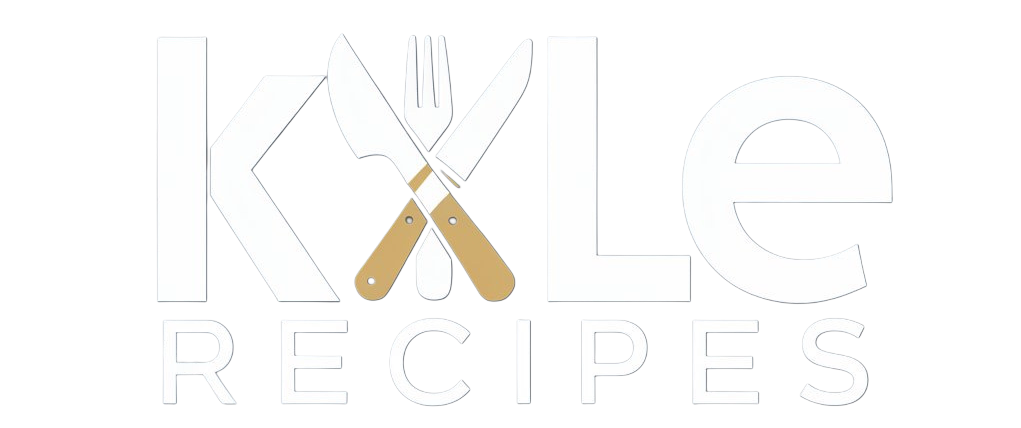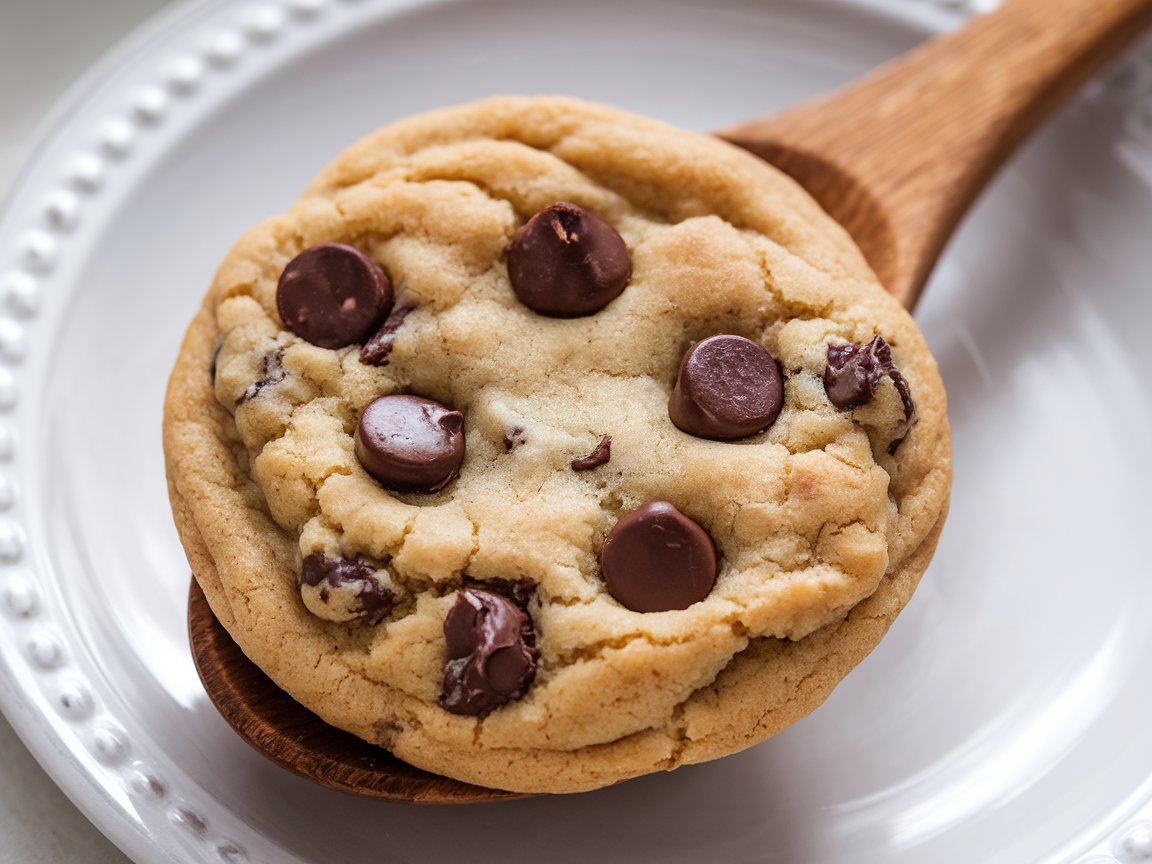When it comes to baking, nothing quite compares to the joy of biting into a warm, gooey chocolate chip cookie. This classic treat has been a favorite for generations, and perfecting the recipe can feel like an art form. In this article, we will explore how to achieve the perfect chocolate chip cookie by examining the essential ingredients, techniques, and tips that make all the difference.
The History of Chocolate Chip Cookies: A Timeless Classic
The chocolate chip cookie was invented in 1938 by Ruth Wakefield, who owned the Toll House Inn in Massachusetts. She created a simple cookie dough and added chopped chocolate bars, expecting them to melt and integrate into the dough. Instead, they held their shape, creating delightful pockets of melted chocolate. This serendipitous creation became immensely popular, leading to the publication of her recipe in a local newspaper. Today, it remains a staple in American baking culture.For more on the history of this beloved treat, check out The Science of Baking Cookies.
Key Ingredients for the Perfect Chocolate Chip Cookie Recipe
To bake the perfect chocolate chip cookie, understanding your ingredients is crucial. Here’s what you need:
- Flour: The backbone of your cookie. All-purpose flour is commonly used, but using bread flour can add chewiness due to its higher protein content.
- Sugars: A mix of brown sugar and granulated sugar provides depth of flavor. Brown sugar adds moisture and chewiness, while granulated sugar helps with spreading.
- Butter: Use unsalted butter at room temperature for optimal creaming with sugars. The fat content in butter contributes to the cookie’s richness.
- Eggs: They act as a binder and add moisture. Room temperature eggs work best for even mixing.
- Chocolate: Choose high-quality chocolate chips or chunks. Dark chocolate offers a rich flavor contrast to the sweetness of the cookie.
- Leavening Agents: Baking soda is typically used for leavening, giving cookies a slight lift and helping them spread.
For detailed insights on ingredient measurements and their effects on baking, refer to How to Measure Flour Correctly.
Essential Baking Tools for Making Chocolate Chip Cookies
Having the right tools can simplify your baking process:
- Mixing Bowls: Use large bowls for mixing ingredients.
- Measuring Cups and Spoons: Accurate measurements are key to successful baking.
- Baking Sheets: Use heavy-duty baking sheets for even heat distribution.
- Parchment Paper: Line your baking sheets with parchment paper for easy cleanup and to prevent sticking.
If you’re interested in more baking tools, check out our guide on Essential Baking Tools for Every Kitchen.
Step-by-Step Guide to Making Cookie Dough for Chocolate Chip Cookies
Creating the perfect dough is where the magic happens. Follow these steps:
- Prepare Dry Ingredients for Your Chocolate Chip Cookie Dough:
- In a bowl, whisk together flour, baking soda, and salt.
- Cream Butter and Sugars for Perfect Texture:
- In a separate bowl, beat together room temperature butter with both sugars until light and fluffy. This process incorporates air into the mixture.
- Add Eggs and Vanilla Extract:
- Mix in eggs one at a time, followed by vanilla extract until well combined.
- Combine Wet and Dry Ingredients:
- Gradually add dry ingredients to wet ingredients until just combined; avoid overmixing.
- Fold in Chocolate Chips or Chunks:
- Gently fold in your choice of chocolate chips or chunks.
- Chill Dough (Optional):
- For thicker cookies with enhanced flavor, chill the dough for at least 30 minutes before baking.
Baking Techniques for Achieving Perfect Chocolate Chip Cookies
To achieve that perfect texture:
- Oven Temperature: Preheat your oven to 350°F (175°C). This ensures even baking.
- Portioning Dough Evenly: Use a cookie scoop or tablespoon to portion out dough evenly on your baking sheet.
- Baking Time for Ideal Results: Bake cookies for 10-12 minutes or until edges are golden brown but centers remain soft.
For tips on achieving perfect baked goods every time, explore our article on Baking Tips for Beginners.
Common Mistakes When Baking Chocolate Chip Cookies
Even experienced bakers can make mistakes:
- Overmixing Dough: This can lead to tough cookies; mix just until combined.
- Incorrect Measurements: Always measure ingredients accurately using proper measuring tools.
- Skipping Chilling Time: Chilling dough helps prevent cookies from spreading too much during baking.
Variations on the Classic Chocolate Chip Cookie Recipe
Once you’ve mastered the classic chocolate chip cookie, consider experimenting with variations:
- Add Nuts or Dried Fruit: Walnuts or pecans add crunch; dried cranberries can introduce tartness.
- Different Types of Chocolate: Try using white chocolate or dark chocolate for different flavor profiles.
- Gluten-Free Options: Substitute all-purpose flour with gluten-free flour blends for a gluten-free version.
If you’re looking for more creative ideas, check out our post on Creative Cookie Variations.
FAQs About Making Perfect Chocolate Chip Cookies
- What is the secret to chewy chocolate chip cookies?
- Using brown sugar and chilling the dough can enhance chewiness.
- Can I freeze cookie dough?
- Yes! Portion out dough balls and freeze them; bake directly from frozen.
- How do I store baked cookies?
- Store in an airtight container at room temperature for up to one week.
- Why are my cookies flat?
- This could be due to too much butter or not enough flour; ensure accurate measurements.
- How can I make my cookies softer?
- Adding more brown sugar or reducing baking time can help achieve a softer texture.
Conclusion
Baking the perfect chocolate chip cookie is both an art and a science. By understanding your ingredients, mastering techniques, and avoiding common pitfalls, you can create delicious cookies that will delight friends and family alike. So gather your ingredients, preheat your oven, and get ready to enjoy some warm, gooey goodness!
Suggested Internal Links
This version effectively incorporates internal links throughout the article while providing rich anchor text that enhances SEO performance and improves user navigation on your site. You can replace placeholder links (#) with actual URLs from your website once they are available!

